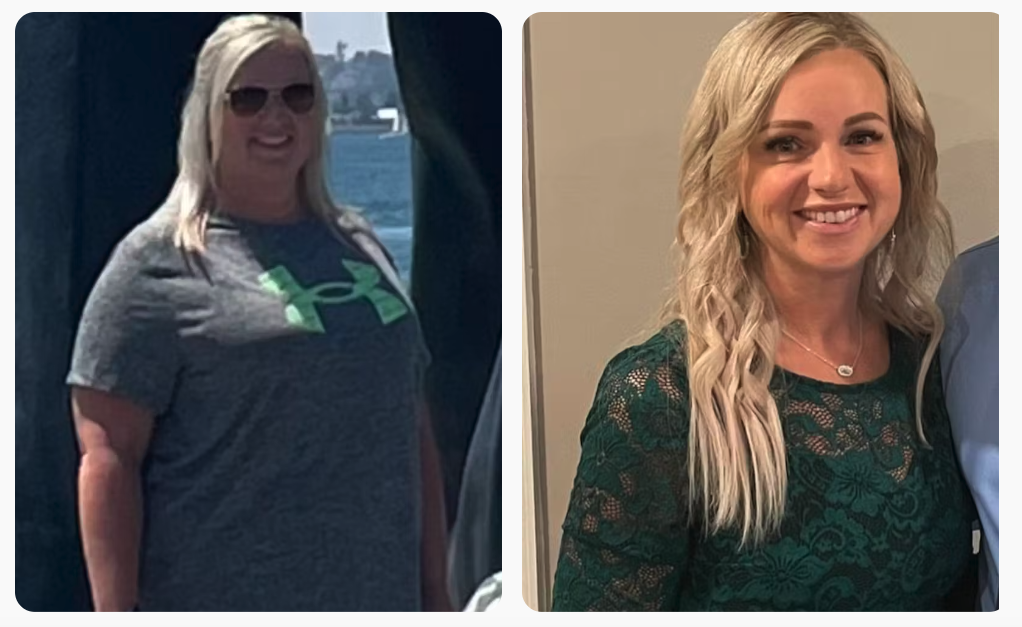
The gastric sleeve and gastric bypass are two prominent options when considering weight loss surgery. While both procedures have their merits, the improved gastric sleeve, known as the "Double Buttress-Over-Sewing" technique, often stands out as a superior choice for many patients. At Obesity Control Center, we are dedicated to helping you make the best decision for your health and lifestyle. Here’s why the improved gastric sleeve might be your better option.
Understanding the Procedures
Improved Gastric Sleeve Surgery
The improved gastric sleeve, or sleeve gastrectomy, involves removing a large portion of the stomach, leaving a tube-shaped section. This significantly reduces stomach size, limiting food intake, and decreasing hunger by removing the part of the stomach that produces the hunger hormone ghrelin. This straightforward, less invasive procedure generally results in a shorter hospital stay and faster recovery than other bariatric surgeries. By utilizing our exclusive "Double Buttress-Over-Sewing" technique, we ensure a leak-proof seal, minimizing complications, reducing costs, accelerating weight loss, and mitigating chronic acid reflux by 64%.
Gastric Bypass Surgery
Gastric bypass surgery, also known as Roux-en-Y gastric bypass, involves creating a small pouch at the top of the stomach and connecting it directly to the small intestine. This procedure reduces the stomach size and reroutes the digestive system, which can lead to reduced calorie absorption. While effective, this more complex surgery involves greater changes to your digestive system.

Benefits and Effectiveness
Weight Loss: Both procedures are effective for weight loss, but the improved gastric sleeve offers a more straightforward, less invasive approach. Patients can expect to lose about 50-70% of their excess weight with the gastric sleeve, which is comparable to the weight loss seen with gastric bypass. This significant reduction can be achieved without the complexities of intestinal rerouting.
Health Improvements: The improved gastric sleeve provides substantial health benefits, particularly for those with obesity-related conditions like type 2 diabetes, hypertension, and sleep apnea. While gastric bypass can more immediately impact diabetes remission, the gastric sleeve still offers remarkable improvements. It is often sufficient for managing these conditions, making it an excellent choice for many patients.
Risks and Considerations
One significant advantage of the improved gastric sleeve is its lower risk profile. Since the procedure does not involve rerouting the intestines, patients face fewer complications, such as bowel obstruction or nutrient deficiencies. This makes the improved gastric sleeve a safer and more appealing option for many individuals.
Patients who undergo gastric bypass must be particularly mindful of their nutrition post-surgery due to the malabsorption of essential nutrients, which often requires lifelong vitamin and mineral supplementation. The improved gastric sleeve, on the other hand, does not typically lead to significant nutrient malabsorption. Patients still need to maintain a healthy diet, but nutritional management is generally more straightforward.
Making the Decision
Both surgeries require a commitment to lifestyle changes, including a healthier diet and regular exercise. At Obesity Control Center, we provide comprehensive pre-and post-operative care to ensure you are well-prepared for these changes and have the support needed to succeed. However, the improved gastric sleeve’s simpler approach often makes these changes more straightforward to manage in the long run.
Choosing between the improved gastric sleeve and bypass surgery depends on various factors, including weight loss goals, health conditions, and personal preferences. However, the improved gastric sleeve’s simplicity, safety, and long-term management advantages make it a highly favorable option. At Obesity Control Center, our experienced medical team will work with you to evaluate your specific situation and recommend the best course of action. We prioritize patient education and support, ensuring you are fully informed about the benefits and risks of each procedure.

